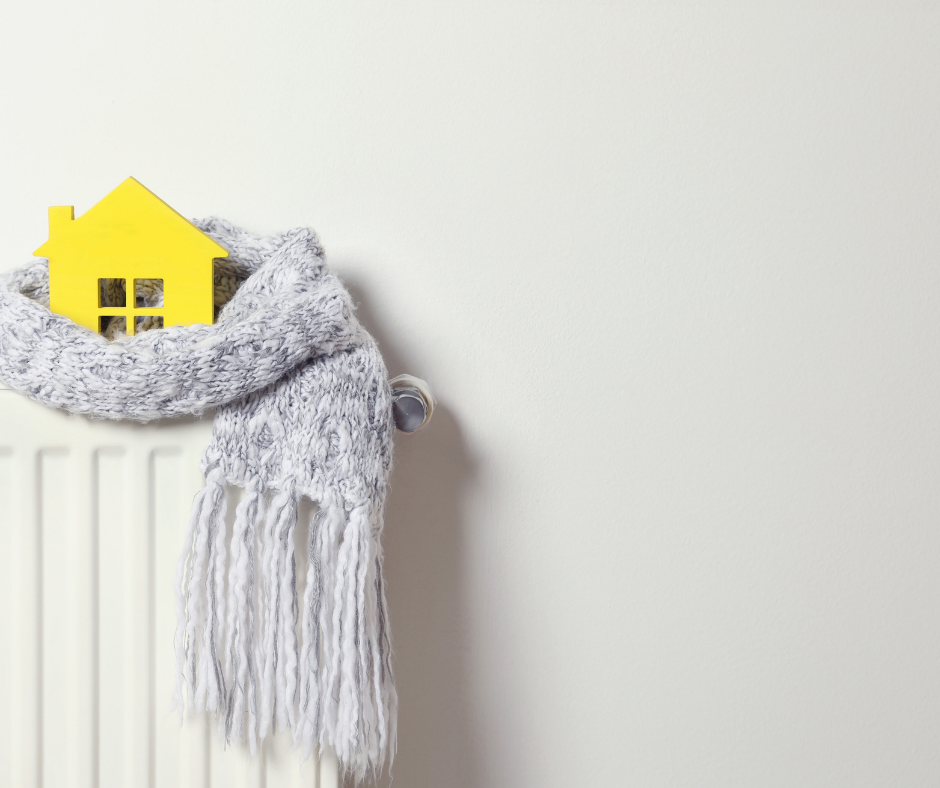Top Tips this home heating season
As the nights start drawing in, and the days get colder, we should all be preparing our homes for the months ahead. Here are some top tips to keep you and your family cosy and stop your energy bill from soaring.
Test your boiler
Check whether your boiler is up to date with its annual service. And, if not, book an appointment for a system check-up by a Gas Safety registered engineer. Also, take the time to check your boiler settings. It is unlikely that you will need to have your boiler on the very highest temperature – even in the depths of winter. If you find that your water is too hot, turn the boiler down to make energy savings.
If your boiler is on its last legs, it might be worth investing in a new one. A new boiler is not cheap, but as older boilers tend to cost more to run than newer models, the savings can make the initial layout worth it over time.
Test your radiators
Check your radiators to see if they need bleeding and ensure that they (and your pipes) are free of sludge. If your radiators are cold at the bottom, or if one takes ages to heat up compared with the rest, your system could need cleaning.
You should also check the settings of your Thermostatic Radiator Valves (TRVs). Instead of turning these up as high as possible, gradually turn them up until the room is comfortably warm. Cranking them up too high will result in a room that’s too hot and an energy bill that’s too large.
Also use this time to create zone control measures with your TRVs. Rooms that are used often can be set to higher temperatures, with unused rooms kept to a minimum (or even switched off).
Clear your gutters
After autumn is an excellent time to deal with your gutters to prevent leaks and breakages. Cleaning rubbish and leaves will stop gutters from becoming too heavy and collapsing with heavy rain/snow. If you clear your gutters of debris before autumn, they risk becoming blocked again when the leaves fall.
Sort out any drafts
Gaps don’t just let the cold in; they also allow the heat out, so now is a good time to check your windows and doors for drafts and seal up any cracks. Weatherstripping tape can be used to stop rain and cold penetrating and to keep your home cosy and warm. Quick fixes like draft excluder door snakes and door curtains can make a difference without a huge price tag.
Look after your pipes
Check your pipes to make sure they are in good condition. Be sure to seal up any gaps and holes and repair any cracks to prevent freezing and bursting should it get icy. Also, ensure your pipes are adequately insulated to stop the water in them from freezing. If you are going to be away from your home, it is a good idea to keep the heating on low (above 4°C) to stop any problems developing.
Remove any blockages
Over the winter months, you should avoid radiator covers as they can trap heat and fool TRVs into thinking rooms are warmer than they are. Also make sure any heating vents aren’t covered in dust and look at the placement of your radiators/vents to ensure furniture, curtains etc., are not blocking the heat getting out into your room.
Get your chimney cleaned
If you have a chimney, give the hearth and firebox a clean. You should also consider hiring a professional chimney sweep if you want to ensure the most effective use of the fireplace, avoid any flue blockages, and maximise the heat in your property.
Damp-proof your house
Condensation is a problem in the colder months, and condensation can lead to mould. So, it is vital that your property doesn’t become a breeding ground for condensation and dampness. Condensation happens when warm air hits a cooler surface (e.g. a window). To stop this from happening, keep your home consistently warm and avoid sudden temperature drops.


